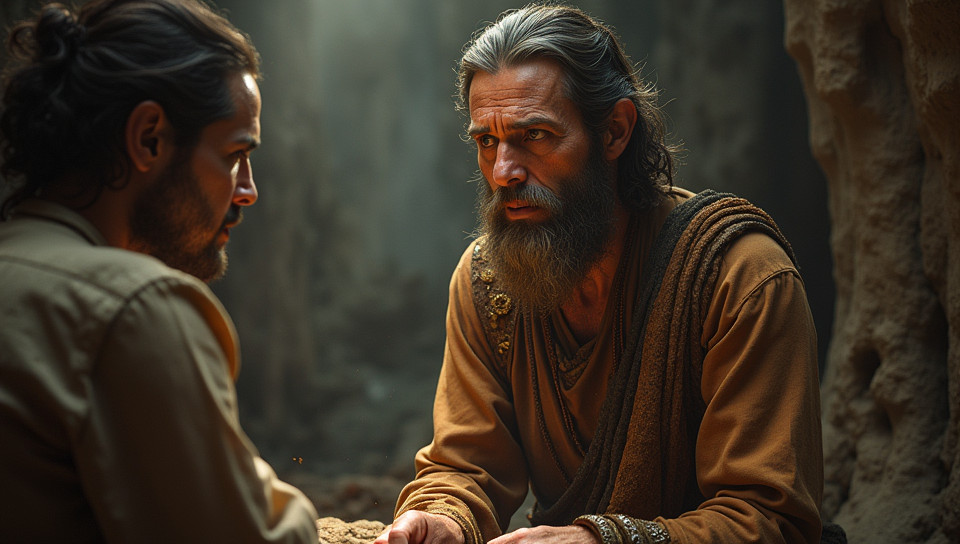Origins change with each telling 93%

Origins Change with Each Telling
Have you ever stopped to think about how our understanding of history, mythology, and even scientific facts can shift depending on who's telling the story? It's a phenomenon that has puzzled scholars, historians, and scientists for centuries. From ancient myths passed down through oral tradition to modern-day narratives in the media, origins change with each retelling.
The Power of Storytelling
Storytelling is an ancient art form that allows us to convey complex ideas, emotions, and experiences in a way that resonates with others. When we share stories, we're not just conveying facts – we're creating a narrative that influences how people think, feel, and behave.
The Problem of Perspective
The problem arises when different storytellers have different perspectives on the same event or phenomenon. This can lead to varying interpretations, biases, and even outright contradictions. For example:
- Different cultures may attribute the creation of the world to distinct deities or natural events.
- Historians might disagree on the significance of certain events in the past.
- Scientists may propose alternative explanations for the same phenomenon.
The Importance of Context
Context plays a crucial role in shaping our understanding of origins. When we consider the historical, cultural, and social context in which a story is told, we can begin to appreciate the nuances that influence its meaning. This includes:
- Understanding the motivations behind a storyteller's narrative
- Recognizing the power dynamics at play when stories are shared
- Appreciating how cultural and social norms shape our perceptions
The Value of Critical Thinking
In today's world, it's more important than ever to cultivate critical thinking skills. By examining multiple perspectives, evaluating evidence, and considering context, we can develop a deeper understanding of origins that goes beyond simplistic or dogmatic views.
Conclusion
Origins change with each telling because stories are subjective, influenced by the perspectives, biases, and contexts of their tellers. However, this doesn't mean we can't strive for accuracy and truth. By embracing critical thinking, acknowledging the complexity of human experience, and respecting diverse narratives, we can work towards a more informed and empathetic understanding of our world – one that honors the ever-changing nature of origins.
- Created by: Sophia Navarro
- Created at: Oct. 14, 2024, 4:13 p.m.
- ID: 12795









